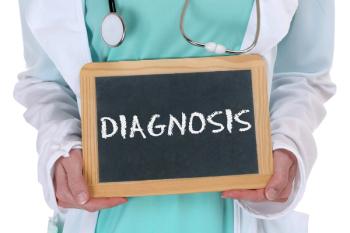
A new study suggests that certain sexually trasmitted infections, such as herpes simplex virus 2, may have a role in the development of certain types of ovarian cancer.

A new study suggests that certain sexually trasmitted infections, such as herpes simplex virus 2, may have a role in the development of certain types of ovarian cancer.

The National Institutes of Health has released a comprehensive set of guidelines for the treatment of COVID-19, which includes recommendations for the care of pregnant women.

Contemporary OB/GYN Senior Editor Angie DeRosa interviews Dr. Laura Riley, MD, a renowned obstetrician who specializes in obstetric infectious disease. Dr. Riley weighs in on COVID-19.
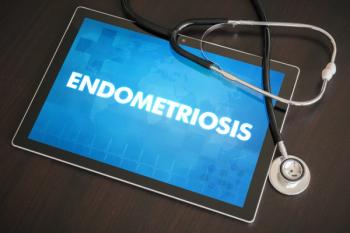
Endometriotic patients who were underweight before conception had a significantly higher rate of preterm birth (PTB) than underweight women without endometriosis, according to new research.

This special article series features the perspective of patients who are pregnant during the COVID-19 pandemic and steps they are taking to ensure their safety and the safety of their babies. This is the first story in the series.

A recent study assessed the multifactorial variables associated with poorer quality of sleep in women with endometriosis.

A new study in Obstetrics & Gynecology found postpartum contraception causes a significant amount of psychosocial stress among women with unintended pregnancies .

A review published in The Journal of Maternal-Fetal & Neonatal Medicine illustrates key strategies to implement in obstetric units to streamline care and reduce infection.

Physical training can preserve and even significantly bolster bone mass in the hip and femoral neck of individuals under caloric restriction, according to new research.

New research indicates that a significant number of romantic male partners hold misconceptions regarding the safety of a post-placental intrauterine device (IUD) in breastfeeding mothers.
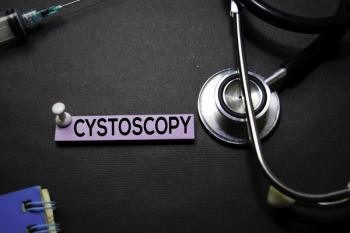
The American Urogynecologic Society (AUGS) has issued guidelines on cystoscopy at the time of prolapse repair.

Across different drugs and clinical settings, use of PARPi has resulted in a prolonged period without cancer recurrence.

Results of a small study show that Kangaroo Care may positively affect infant neurophysiological development, particularly in the left front area of the brain.
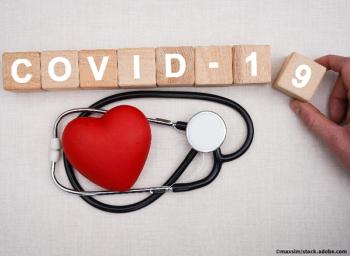
COVID-19 presents a significant threat to our communities, our patients, and our families. As the pandemic continues, more will be learned about how this virus behaves and what we can do to keep ourselves and our patients safe.

Reviewing a patient’s intake of opioids after cesarean may help optimize pain management post-discharge, according to results of a new study.

Can technology help provide answers to a complex condition? This guide demonstrates how to use ultrasound as a first-line diagnostic tool.

These recommendations, based on the observations of a patient, is a Top 8 list of ways to optimize an outpatient visit for reproductive health care for women with spinal cord injury or disease.
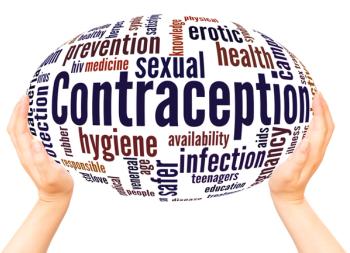
This case study illustrates how to navigate the complex issues ob/gyns may encounter when counseling patients with a cognitive impairment.
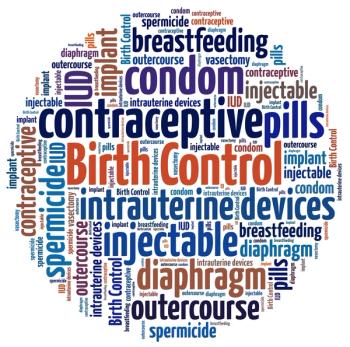
After Medicaid expansion under the Affordable Care Act (ACA), use of insurance for visits to safety net clinics specifically for contraception increased in all states, according to a recent study.

Improvements in contraceptive use among adolescent females have contributed significantly to a decline in pregnancy rates in Britain and the United States, according to a multidecade comparison of the two regions.
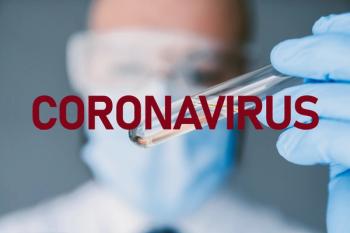
As the impact of the coronavirus (COVID-19) pandemic continues to escalate, the Society for Maternal-Fetal Medicine (SMFM) has released guidance on the maternal, fetal and neonatal implications of the disease.

Obese women who used the levonorgestrel intrauterine system (LNG-IUS) were nearly three times as likely to achieve a complete response to progestin treatment, and saw a significant reduction in risk of progression to cancer, according to new research.

Online communication provides an empowering environment for the exchange of accurate and useful contraceptive information, when based on real user experiences, according a recent study from Contraception.

Physicians should meet with their attorneys to prepare for any testimony, especially in cases with documentation discrepancies and unreliable physician-nurse communication.

As patients increasingly present with organ prolapse or incontinence, they may require a safe, effective, and non-surgical treatment option.
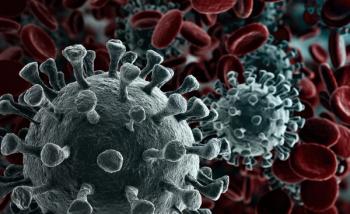
The Centers for Disease Control and Prevention (CDC) has posted a FAQ on coronavirus in pregnancy and interim guidance on breastfeeding in women who have or are suspected to have COVID-19.

Both the etonogestrel (ENG)-releasing subdermal implant and a levonorgestrel-releasing intrauterine system (LNG-IUS) significantly reduce pain in women with endometriosis, according to new research.
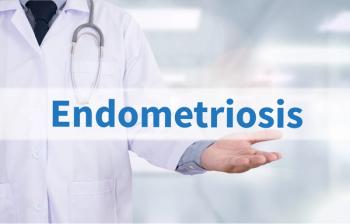
According to a recent study from Sexual Medicine, infertility concerns for women with endometriosis are dependent on their type of dyspareunia.

New research from Springer Nature indicates that late prenatal alcohol exposure prevalence is much higher than previous studies had shown for babies from West Virginia.

Six single nucleotide polymorphisms (SNPS) may be strongly associated with endometrial cancer risk, according to a new analysis of the latest evidence on genetics of the disease.